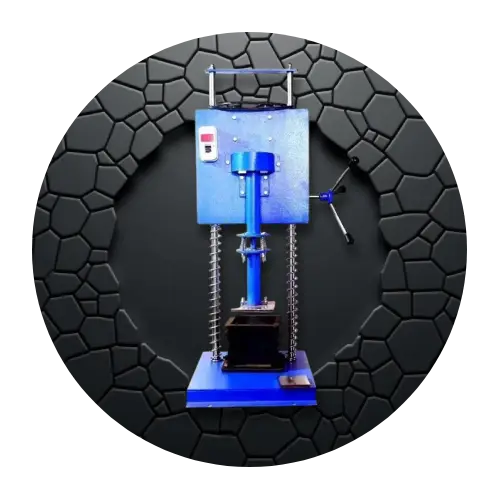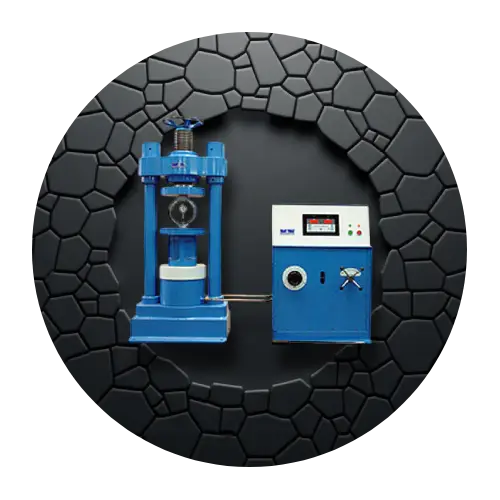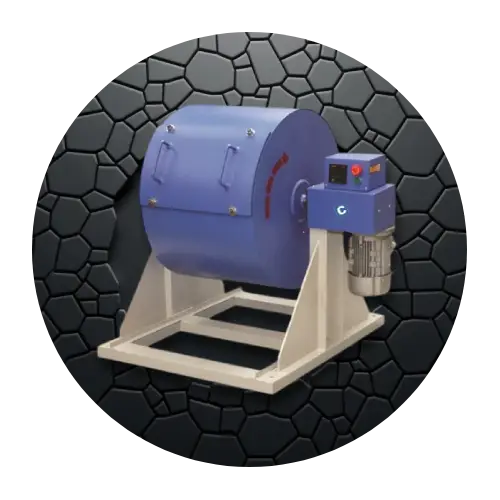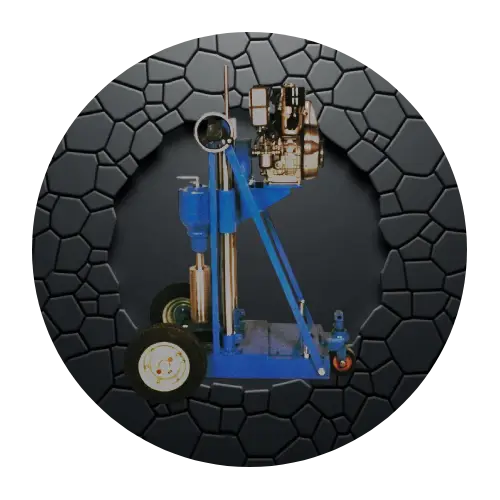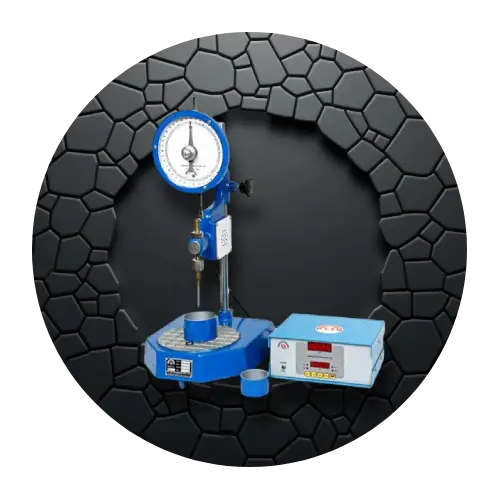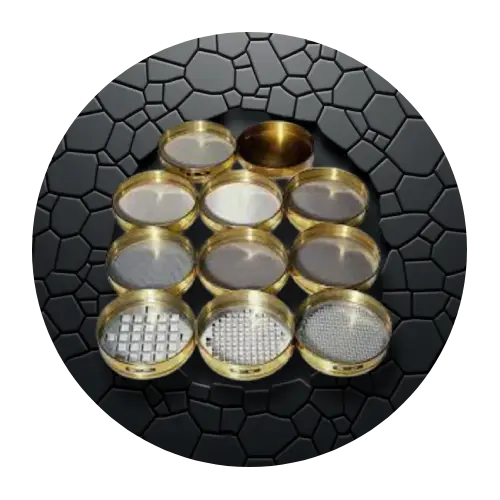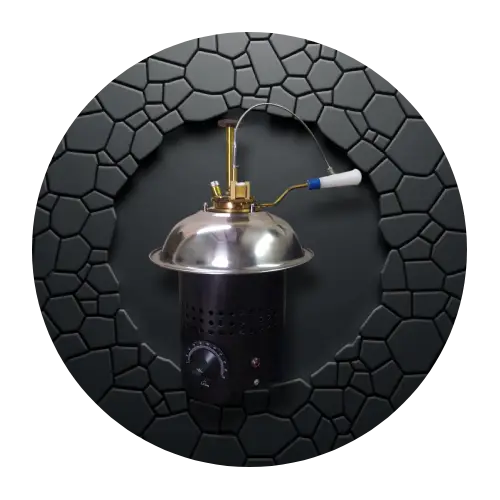Close
ESE-230 – Specific Gravity Test
-20%
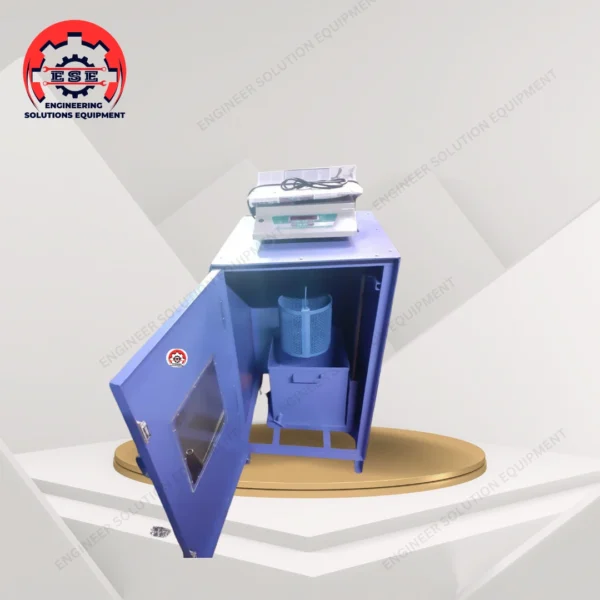
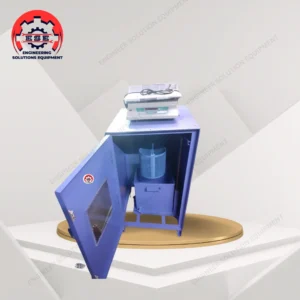
| Attribute | Details |
|---|---|
| Model Name/Number | Specific Gravity Test Apparatus |
| Material | Glass, Stainless Steel |
| Capacity | 500 ml to 1000 ml |
| Usage | Determining the specific gravity of solids, liquids, or powders |
| Automation Grade | Manual |
| Display | Analog |
| Size | Standard Sizes Available |
| Color | Transparent or Clear |
| Weight | Varies by Size |
| Surface Finish | Polished Finish |
| Packaging | Box Packaging |
| Country of Origin | Made in India |
₹25,000.00 Original price was: ₹25,000.00.₹20,000.00Current price is: ₹20,000.00.
Product description
The Specific Gravity Test is a laboratory procedure used to measure the ratio of the density of a substance (usually a material like soil, cement, or aggregates) to the density of water. This test is essential for understanding the physical properties of materials and is widely used in construction, civil engineering, and material science to determine the suitability of materials for various applications.
In the context of soil testing, the specific gravity of soil helps determine the soil’s mineral composition and is crucial for calculating other important parameters such as the soil’s void ratio, porosity, and compaction characteristics. For aggregates, it provides insight into the material’s strength and durability, which directly affects the performance of concrete.
Key Features and Specifications:
- Principle:
- The specific gravity of a material is calculated by comparing the weight of a sample to the weight of an equal volume of water.
- Mathematically: Specific Gravity=Weight of SampleWeight of Equal Volume of Water\text{Specific Gravity} = \frac{\text{Weight of Sample}}{\text{Weight of Equal Volume of Water}}Specific Gravity=Weight of Equal Volume of WaterWeight of Sample
- Types of Specific Gravity Tests:
- For Solids (Aggregate or Cement): The test typically involves immersing a dry sample in water and using a pycnometer or water displacement method to determine the volume and then calculating the specific gravity.
- For Soil: The test may involve using a density bottle or bottle method, where a known weight of soil is added to a specific volume of water, and the resulting change in volume helps determine the specific gravity of the soil particles.
- Equipment Used:
- Pycnometer: A small, calibrated glass or metal container used to determine the density of solids.
- Hydrometer: Sometimes used in soils to measure the specific gravity of fine particles suspended in water.
- Balance or Scale: A precise scale to weigh the sample.
- Graduated Cylinder: For measuring the volume of liquids and water displacement.
- Procedure:
- Step 1: Weigh the sample of the material (solid or soil).
- Step 2: Immerse the sample in a known volume of water and measure the change in volume due to displacement.
- Step 3: Calculate the specific gravity using the formula provided, ensuring that temperature corrections are applied if needed, as density is affected by temperature.


